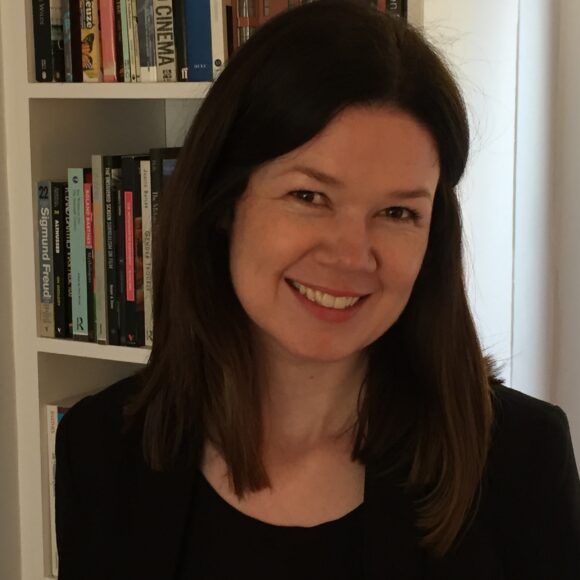Members
Co-Chairs of the Scottish Arts and Humanities Alliance
SAHA Policy and Communications Officer
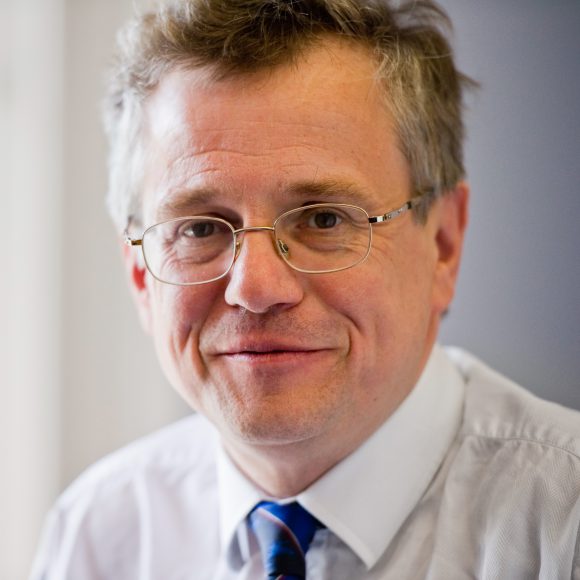
Professor Murray Pittock MAE FRSE
University of Glasgow
Pro-Vice Principal - Special Projects
Bradley Chair of English Literature

I like Arts and Humanities because people are a part of every research question and scientific paradigms are framed by individuals; because creativity and innovation go together; because history can foretell the future as well as accounting for the past, and to be ignorant of it is to repeat it; because a strong arts sector builds a strong economy as well as being sustained by it; because museums are good for you.
Murray Pittock is co-Chair of SAHA and Bradley Professor at the University of Glasgow, where he has served in senior leadership roles since 2008. He is currently Pro Vice-Principal, with responsibilities ranging from directing early career development for over 500 academic staff in Glasgow, Dumfries, China and Singapore, to external partnerships with a particular focus on the Glasgow Riverside Innovation District . He leads the Kelvin Hall development for the University as well as chairing its Advanced Research Centre XR Strategy Board. Murray is a Trustee (Research and Education) and Scottish History advisor to the National Trust for Scotland and an advisor to many other organizations. His recent funded research includes the £1M Allan Ramsay and the Enlightenment Project, a Scottish Government report on the impact of Burns on the Scottish Economy, and an urban history consultancy with Barclays Bank. He has held visiting appointments at Yale, New York University, Notre Dame, Trinity College, Dublin, Charles University, Prague, South Carolina and other institutions. Murray has made around 2000 media appearances in 55 countries on culture, politics, history and society. His Global History of Scotland is due out in 2022 from Yale. In 2020, he became the first person elected to Academia Europaea for research on Scottish studies.
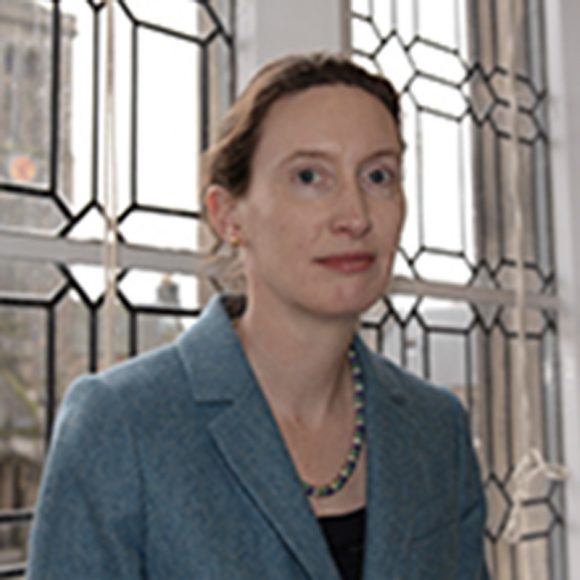
Professor Catherine O’Leary
University of St Andrews
Professor of Spanish and Dean of Arts and Divinity

The Arts and Humanities help us to grapple with life’s challenges, to understand its paradoxes and to celebrate its beauty; they have given us many of our greatest, most inspiring, and most comforting achievements. Those of us who have the privilege of time to study these subjects know their creative, social and economic value – they teach us to think about the technological advances and social and ethical challenges of our times and to find creative, human-centred responses to them.
Catherine O’Leary is Professor of Spanish and Dean of Arts and Divinity at the University of St Andrews. She has published widely on contemporary Spanish literature, and has particular interests in theatre censorship, gender and identity, and exile and cultural memory. She is Director of the St Andrews interdisciplinary Cultural Identity and Memory Studies Institute (CIMS). A graduate of Dublin City University and University College Dublin, she worked at the National University of Ireland, Maynooth, before moving to Scotland in 2013.

Professor Daniel Cook FRHistS
University of Dundee
Associate Dean Education and Student Experience, Chair in English and Scottish Literature

The contribution that Scotland has made to the Arts and Humanities, over many centuries, is truly astonishing. Literature in particular provides endless means for understanding ourselves and others, and for experiencing the world around us and far, far beyond it. As an educator and researcher, it is with great pride that I can help identify and champion the life-changing roles the Arts and Humanities retain right across our country.
A Chair in English and Scottish Literature, Professor Daniel Cook is also the Associate Dean for Education and Student Experience in the School of Humanities, Social Sciences and Law at the University of Dundee. His teaching and research interests include 18th- and 19th-century literature, Gothic studies, literary form and genre, authorship, and adaptation in theory and practice. Authors of specific interest include Jonathan Swift, Daniel Defoe, Jane Austen, Walter Scott, Lord Byron, and Mary Shelley. Before joining Dundee, Daniel was a Visiting Assistant Professor at the University of Wisconsin-Madison, as well as a Donald and Mary Hyde Fellow at Harvard. He held a Leverhulme Early Career Research Fellowship at the University of Bristol and, before that, an AHRC Research Fellowship on the Cambridge Edition of the Works of Jonathan Swift. Daniel completed his PhD at the University of Cambridge. Since then, he has received visiting library fellowships from Yale and Oxford. Daniel is the author of Frankenstein Retold (Bloomsbury), Gulliver’s Afterlives (Bloomsbury), Walter Scott and Short Fiction (Edinburgh University Press), Reading Swift’s Poetry (Cambridge University Press), and Thomas Chatterton and Neglected Genius, 1760-1830 (Palgrave Macmillan). As well as editing essay collections and anthologies for Cambridge University Press, Oxford University Press, Palgrave Macmillan, and Routledge, he has produced critical editions of Gulliver’s Travels, Frankenstein, and The Private Memoirs and Confessions of a Justified Sinner, among other works. In addition to numerous book chapters in volumes published by Cambridge University Press, Oxford University Press, Edinburgh University Press, and other major presses, his articles have appeared in leading peer-reviewed journals, including Restoration, Journal for Eighteenth-Century Studies, Romanticism, European Romantic Review, Gothic Studies, Essays in Criticism, Philological Quarterly, and Review of English Studies.
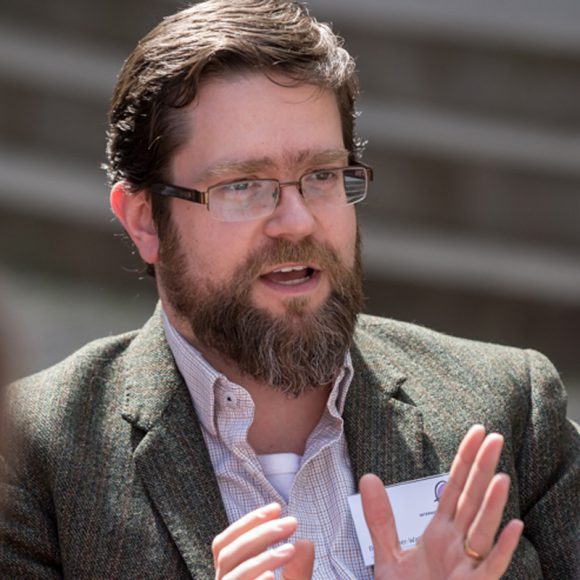
Dr Ben Fletcher-Watson
University of Edinburgh
Administrative Manager, Institute for Advanced Studies in the Humanities (IASH)

Creativity is universal, from storytelling to dancing, from music-making to drawing. Interdisciplinary research across the arts and humanities opens up exciting new modes of thinking about society and the challenges facing humanity, from climate change to digital innovation.
Dr Ben Fletcher-Watson manages the Institute for Advanced Studies in the Humanities (IASH) at the University of Edinburgh. He holds degrees from the University of St Andrews and the Royal Conservatoire of Scotland. His research interests include theatre for babies and the relaxed performance movement. Recent publications: Humanities of the Future (IASH 2020), The Art of Being Dangerous (Leuven University Press 2021) and Dangerous Women (Unbound 2022).
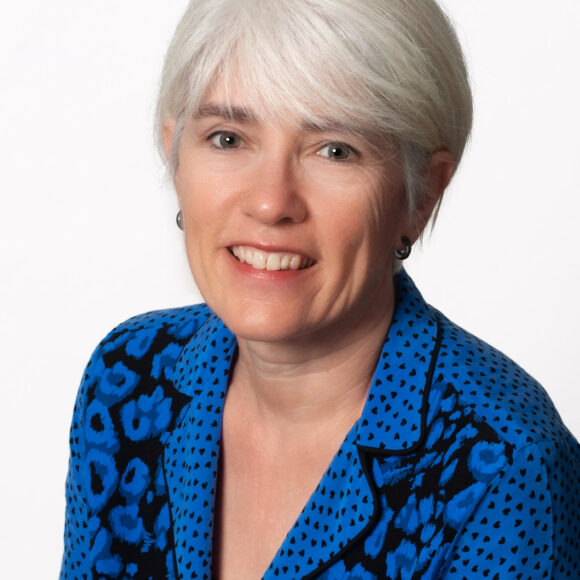
Professor Jo Gill
University of Glasgow
Vice-Principal and Head of the College of Arts and Humanities, Professor of Twentieth-Century and American Literature

The Arts & Humanities encompass a distinctive set of perspectives, methodologies and insights. Scholars in the Arts & Humanities ask important critical questions; they are attentive to the nuances, and complexities of issues that might otherwise seem simple or one-sided; they draw on their deep knowledge of the past and of a range of cultural contexts and language traditions in order to enrich public understanding. Working with community, industry and global partners, they bring their curiosity and their creativity to bear in mutually sustaining ways.
Jo Gill is Vice-Principal and Head of the College of Arts, and Professor of Twentieth-Century and American Literature. She joined the University of Glasgow in August 2022 from the University of Exeter where she served as Pro-Vice-Chancellor and Executive Dean of the College of Humanities. She previously held the roles of Associate Dean for Education (2018-19) and Associate Dean for International and Development (2016-18).
Jo was educated at a comprehensive school in the north-west of England and took her BA at Leicester and her MA at York. She then worked in newspapers, publishing and the charity sector prior to returning to academia and taking her PhD at the University of Gloucestershire (2001).
Jo’s research and teaching interests include modern American poetry and the literature and culture of cities and suburbs. She is the author of numerous books and articles including Anne Sexton’s Confessional Poetics (2007), The Cambridge Introduction to Sylvia Plath (2008) and The Poetics of the American Suburbs (2013). Her latest book, which was completed with the support of a Leverhulme Trust Research Fellowship, is Modern American Poetry and the Architectural Imagination: The Harmony of Forms (OUP, forthcoming).
Jo served for six years as Governor, and then Chair of Governors, at Richard Huish Sixth Form College, Somerset. She is former secretary to the British Association for American Studies (BAAS) and was the inaugural co-chair of the BAAS/US Embassy Grants Programme. She has previously served as a trustee of the Exeter Northcott Theatre and currently sits on the Advisory Board of the “93% Club.”
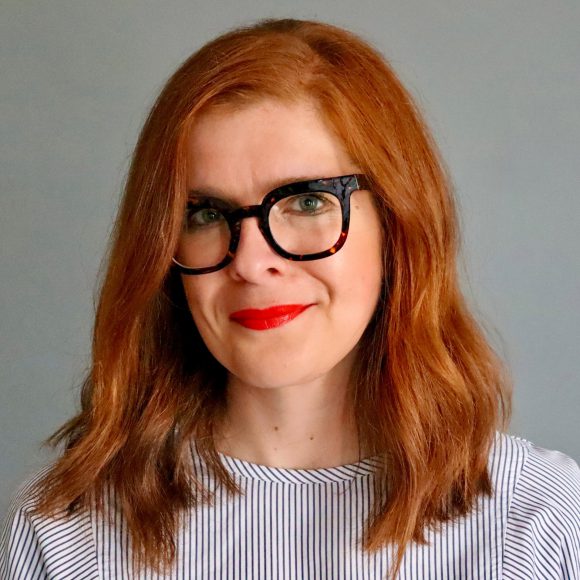
Professor Tanja Bueltmann FRHistS FHEA
University of Strathclyde
Chair in International History

The Humanities reflect our being human and help us understand it. From Art to History, the Humanities help us understand not only our daily lives and ourselves, but also each other in our ever changing world. That’s why I love the Humanities and why they inspire me.
Tanja Bueltmann is Professor of History and holds a Chair in International History at the University of Strathclyde. She specialises in migration and diaspora history and her main research interest is in immigrant community life, especially ethnic associational culture and its diverse roles. She has published widely on the topic, including her award-winning monograph Clubbing Together, which was named the Saltire Society Research Book of the Year 2015. In her current research, Tanja examines the role of immigrant associations in shaping the collective actions and identity of Europeans in the UK, taking a longitudinal perspective from c1850 to the present.
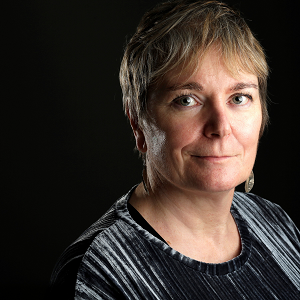
Professor Donna Heddle FRSE
University of the Highlands and Islands
Professor of Northern Heritage, Head of Research Environment & Culture, Director of Institute for Northern Studies, Head of Cultural Heritage

For the mind does not require filling like a bottle, but rather, like wood, it only requires kindling to create in it an impulse to think independently and an ardent desire for the truth.” , Plutarch “On Listening to Lectures”.
Professor Donna Heddle is Director of the UHI Institute for Northern Studies. She has won awards for course development and design. Her research interests are Scottish and Northern Isles cultural history, Renaissance language and literature, and cultural tourism. She has led and is currently leading several national and international research and training projects involving cultural tourism, including a project in Vanuatu. Donna led the very successful 2008, 2014 and 2021 Research Excellence Framework submissions from UHI in Area Studies, which in 2021 came 1st in Scotland overall and 1st equal in the UK for research impact. She was awarded a Personal Chair by UHI in June 2013 and was Chair of the UHI Tourism Group from 2017 to 2022.
Prof. Heddle’s main research interests are the creation of new paradigms in Scottish and Northern Isles studies, small island studies, Scottish language and literature in a European context, and Scottish cultural history. She is the author of a number of publications in these areas and is currently leading several national and international research and cultural tourism projects involving the North Atlantic rim and the South Pacific. She is at present working on Scots-Nordic balladic synergies; the underpinning philosophy of Northern Studies; the Huguenot influence of Du Bartas on the poetry of the Scots Court under James VI; aspects of cultural tourism, and geophysical and metaphysical correlations in historical depictions of Orkney. She is also working on a history of Highlands and Islands literature. She is particularly passionate about locative research – in the communities, by the communities, for the communities.
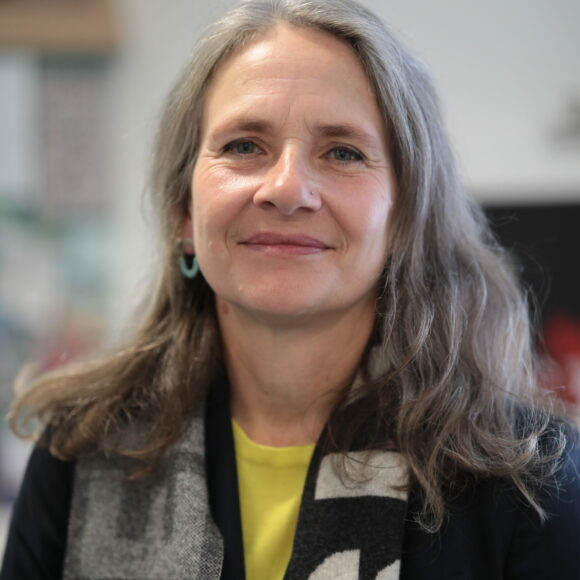
Dr Britta Kalkreuter
Heriot-Watt University
Associate Professor of Design Studies at the School of Textiles and Design and Director of Research

Only through interdisciplinary collaboration and challenge led curiosity can designers capture less prominent voices and strive towards design practice and policy that seeks to contribute to preferred, inclusive futures for people and planet.
Her research focuses on heritage and innovation in design, with an emphasis on how exploring heritage may be harnessed as one guiding resource to transform design practices in the face of current challenges. With a particular interest in climate emergency and marginalisation of communities, her work is positioned within the UNSDG framework and explores responsible production and consumption and associated environmental and socio-economic goals.
Connecting object and archive-based investigations with ethnographic methods, and by seeking collaborators from fields such as social sciences, economics, computer sciences and engineering, interdisciplinary aspects of innovation, material practices and knowledge transmission are central to her work. With a strong interest in local and global aspects of production and consumption scenarios, she has developed strong international networks within ethnography and design research.
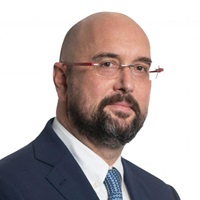
Professor Vassilis Charissis MIET, FBCS, FRSA, FDSRI, SFHEA
Edinburgh Napier University
Associate Dean of Research and Innovation, and Professor of Creative Technologies at the School of Arts and Creative Industries
Professor Vassilis Charissis (BSc(Hons), MPhil, PhD, MIET, FBCS, FRSA, FDSRI, SFHEA) is the Associate Dean of Research and Innovation, and Professor of Creative Technologies at the School of Arts and Creative Industries, Edinburgh Napier University.
Previously he held senior academic positions as a Professor of Human-Computer Interaction and Virtual/Augmented Reality (VR/AR), Director and founder of the VR and Simulation Laboratory (VRS Lab) and VR Driving Simulation Laboratory (VRDS Lab), Research Group Director of the Visual, Affective and Pervasive Systems (VAPS), and Subject Group Leaded/Head of Department of Interactive Design and Engineering at Glasgow Caledonian University. He is also Visiting Professor at the University of Nicosia. He holds a PhD and an MPhil in the area of HCI, VR/AR, both from the University of Glasgow, UK.
Throughout his career, he had developed prototype systems for different industries, including engineering, medical, and defence. His research acquired funding of approx. £12,5M and he has produced more than 100 international publications in the fields of HCI, VR/AR, UX, UI, AI, Product Design, Automotive engineering and Simulations.
He is the recipient of two international awards for prototype automotive design and engineering in competitions for FIAT and Opel respectively. He holds two patents in advanced biomimetic automotive engineering for the design and development of a Dynamically Configurable Vehicle (DCV). Prof Charissis has developed projects for Ford, Fiat, Lancia, Alfa Romeo, Opel, QinetiQ, BAE, Thales, Fisher Defence Submarines, KRUK, NES, NHS, ARUK, CREW, RCSEd and RCPSG amongst others.
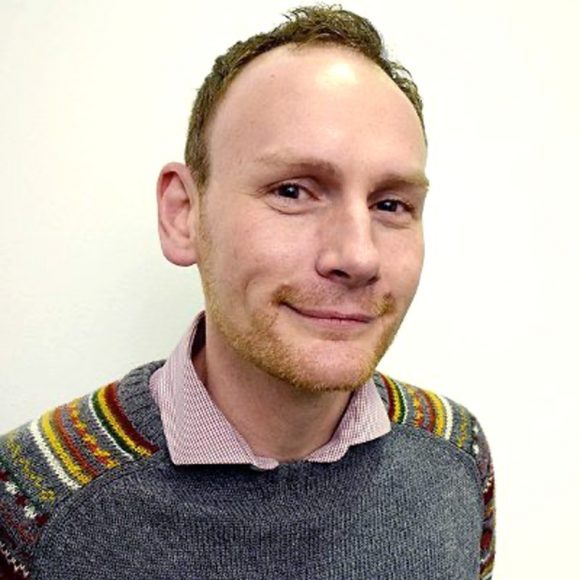
Professor Stephen Broad
Royal Conservatoire of Scotland
Director of Research and Knowledge Exchange
Professor Stephen Broad is an islander in exile, researcher, teacher, community conductor and occasional broadcaster. He studied at the University of Glasgow, where he won prizes in music and physics and undertook a DPhil in Historical Musicology at Worcester College, Oxford. He is Director of Research and Knowledge Exchange at the Royal Conservatoire of Scotland.
Stephen’s research interests span a number of fields, centred around three broad themes: the philosophy of practice (processes of practice and artistic research); historical musicology (especially Olivier Messiaen); and music education. He has undertaken a range of applied research to support policy development in the arts and education, and supervises a number of doctoral students pursuing research and artistic doctorates.
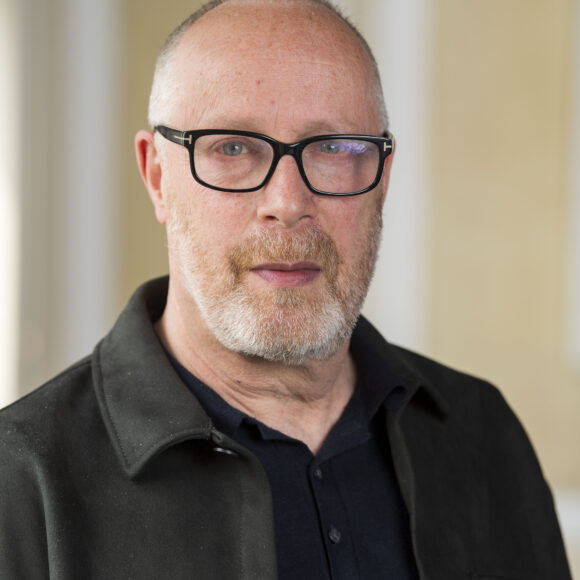
Professor Stephen David Reicher
Royal Society of Edinburgh
Vice President - Arts, Humanities and Social Sciences, Royal Society of Edinburgh
Bishop Wardlaw Professor, University of St Andrews
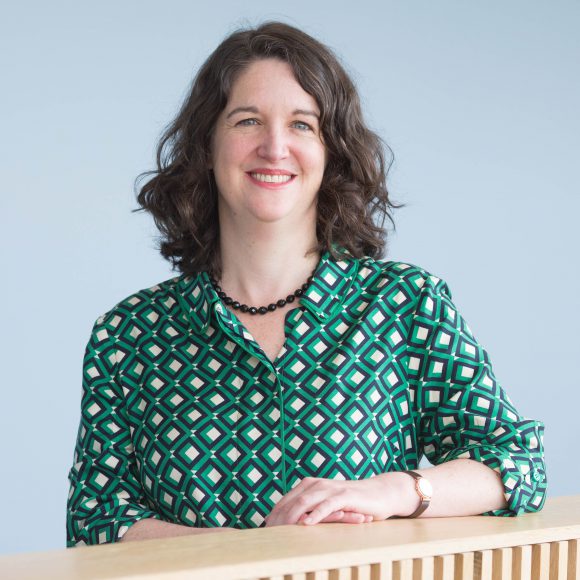
Professor Claire Squires
Scottish Graduate School for Arts and Humanities
Director

The Arts and Humanities offer us ways of understanding and forming the worlds around us; the worlds of the past, in the present and for the future. Through their critical approaches and creative interventions, the arts and humanities have the capacity to make our lives and those of others more fulfilling, more enjoyable, and more just.
Claire Squires is Director of the Scottish Graduate School for Arts & Humanities (SGSAH), and Professor of Publishing Studies at the University of Stirling, following a previous career in publishing. In her role at SGSAH, she oversees Scotland-wide doctoral training and development in the Arts & Humanities. Her research focuses on book cultures and the contemporary publishing industry, frequently working in partnership with external organisations such as Publishing Scotland, Scottish Book Trust and the Saltire Society. With her research partner Beth Driscoll, she is founder of Ullapoolism, a conceptual school that foregrounds playful, material, and arts-informed thinking and activism.
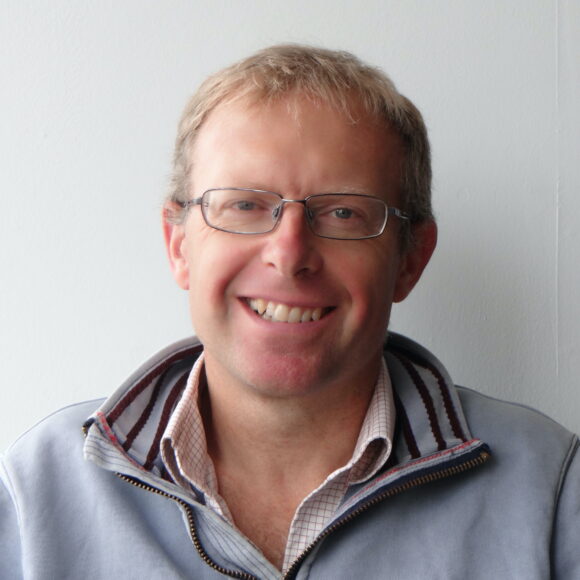
Professor Jason König FRSE
University of St Andrews
Professor of Greek and co-director of the St Andrews Centre for Ancient Environmental Studies.

The Arts and Humanities can help us to see the world differently, and to understand how the past can be a resource for creative responses to the challenges we face in the present. If we want to tackle those challenges effectively we need to understand their histories: the ways in which they were shaped and experienced and imagined in the past.
Jason König is Professor of Greek at the University of St Andrews, and co-director of the St Andrews Centre for Ancient Environmental Studies. He works broadly on the Greek literature and culture of the Roman empire (from the late Hellenistic period to late antiquity, approx. 200 BCE – 500 CE), and on the history and representation of human-environment relations in classical antiquity. His books include The Folds of Olympus: Mountains in Ancient Greek and Roman Culture (Princeton University Press, 2022).
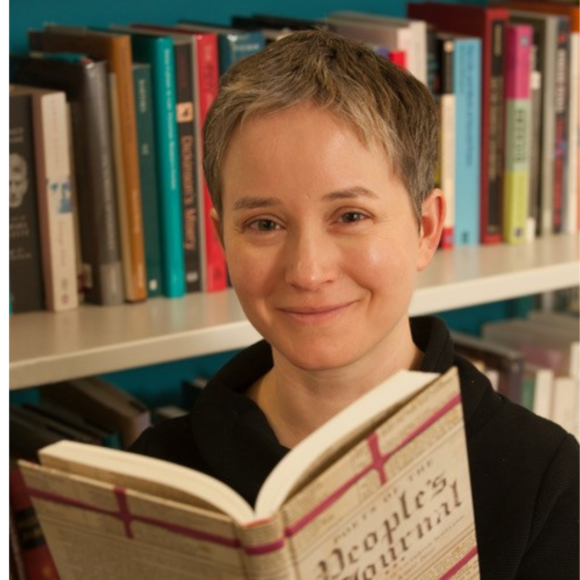
Professor Kirstie Blair
University of Stirling
Dean of the Faculty of Arts and Humanities

I believe that the Arts and Humanities are more important than ever in a time that requires critical and creative thinking to tackle major societal issues. As Arts and Humanities researchers, we can bring our curiosity, openness and wide-ranging knowledge to bear on interdisciplinary projects that speak to these issues, and can use our practice and research to engage people and communities.
Professor Kirstie Blair is the Dean of the Faculty of Arts and Humanities at the University of Stirling. Prior to this, she was Head of the School of Humanities at the University of Strathclyde. She started her career in Scotland at the University of Glasgow in 2005, after studying at Cambridge, Harvard and Oxford. Kirstie works in the field of Victorian studies, and particularly Victorian poetry. She has published extensively in this field, including three OUP monographs, the most recent of which, Working Verse in Victorian Scotland: Poetry, Press, Community, won the Saltire Society Research Book of the Year and Scottish Book of the Year awards in 2019. Her current interests centre on Victorian Scotland, working-class literary cultures in the Anglophone Victorian world, and industrial heritage. From 2018-23, she led an AHRC funded project, with co-investigators Prof Mike Sanders (Manchester) and Dr Oliver Betts (Railway Museum), ‘Piston, Pen & Press: Literary Cultures in the Industrial Workplace’ (www.pistonpenandpress.org). The outputs of this project include a database mapping a high number of previously unknown working-class writers from Scotland and the North of England, all of whom worked in industrial occupations. Kirstie works closely with a number of industrial heritage museums, libraries and archives, and has served as the Vice-Chair of the Scottish Transport and Industrial Collections Knowledge Network since 2020. She has served on the board and committees of the Research Society for Victorian Periodicals, and the Association for Scottish Literary Studies, and the RSE. She has co-supervised or is currently supervising PhDs with the Railway Museum, Dundee Central Library, the NLS, the Scottish Maritime Museum, and the National Coal-Mining Museum for Scotland. Her interests in connecting Victorian industrial heritage with contemporary work towards a net zero future mean that she has been involved in working with interdisciplinary teams on large-scale projects relating to minewater geothermal initiatives and carbon capture and storage.
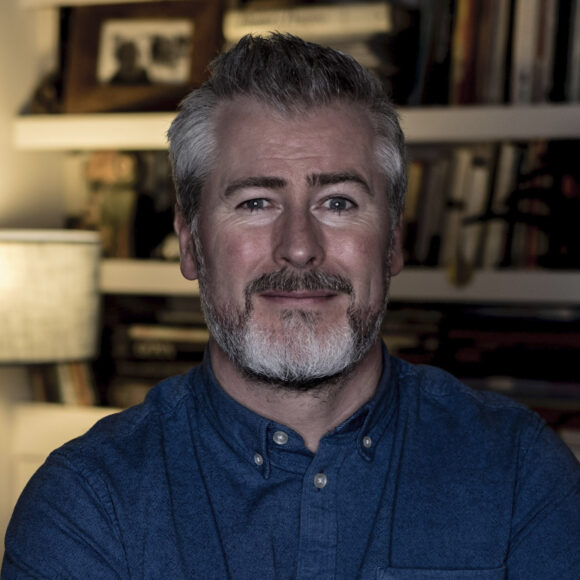
Professor Nick Higgins
University of the West of Scotland
Director of the Creative Media Academy and Chair in Media Practice in the School of Business and Creative Industries

At its core the Humanities asks the perennial question, what does it mean to be human? The answers not only change over time and depending on context, they are also enriched and expanded by our creative engagement with new storytelling tools and technologies. The Arts and Humanities thus become fundamental to the challenge of how we make sense of our collective futures.
Nick Higgins is the Director of the Creative Media Academy and Professor of Media Practice at the University of the West of Scotland. He joined UWS in September 2013 from the University of Edinburgh where he established the MSc in Media, Culture and Society and the PhD in Transdisciplinary Documentary Film Research programmes. He is the Research Lead for Arts and Media in the School of Business and Creative Industries and represents UWS on the board of the Scottish Graduate School for Arts and Humanities.
Nick originally studied Philosophy and International Relations at the University of St. Andrews, undertaking fieldwork in East Africa for his dissertation that was later published. He followed this with doctoral research at the Centre for Conflict Studies at the University of Kent that involved extended periods of fieldwork in Mexico with the support of grants from the Leverhulme Trust and the British Academy. This experience of fieldwork led towards Nick’s interest in how non-fiction filmmaking techniques could become a method for conducting research. This interest was further nurtured over a period of several years in the early 2000s when Nick attended the MEDIA funded Eurodoc and Archidoc documentary filmmaking workshops, including a period at the French National Film School, La Femis, where he studied with Patricio Guzman, Harun Farocki and Peter Forgacs.
Since that time, Nick has produced 4 award winning feature documentaries and several short documentaries, receiving a BAFTA Scotland nomination for the mass-participatory documentary project, We Are Northern Lights and the BACC/SIGNIS Best Human Rights Film award for A Massacre Foretold. His interest in the impact of non-fiction narratives has resulted in experiments with both production and distribution models, leading to collaborations with the Scottish Mental Health Foundation, the Black and Ethnic Minorities Infrastructure for Scotland (BEMIS), UNICEF and UNESCO. In 2017 he launched UWS Immersive, a multi-disciplinary research group that focuses on immersive virtual, augmented, and mixed reality technologies (XR). Since its inception, the group has delivered 3 international research symposia and public engagements events including the curation and exhibition of the Immersive Virtual Reality programme at the Glasgow Short Film Festival (2017 & 2019). Nick is founder and programme leader of the Masters in Filmmaking degree delivered from Film City in Glasgow’s media quarter.
Members’ Area
The Members' Area is only accessible to SAHA representatives. Please use your credentials to access this space.
Member Login